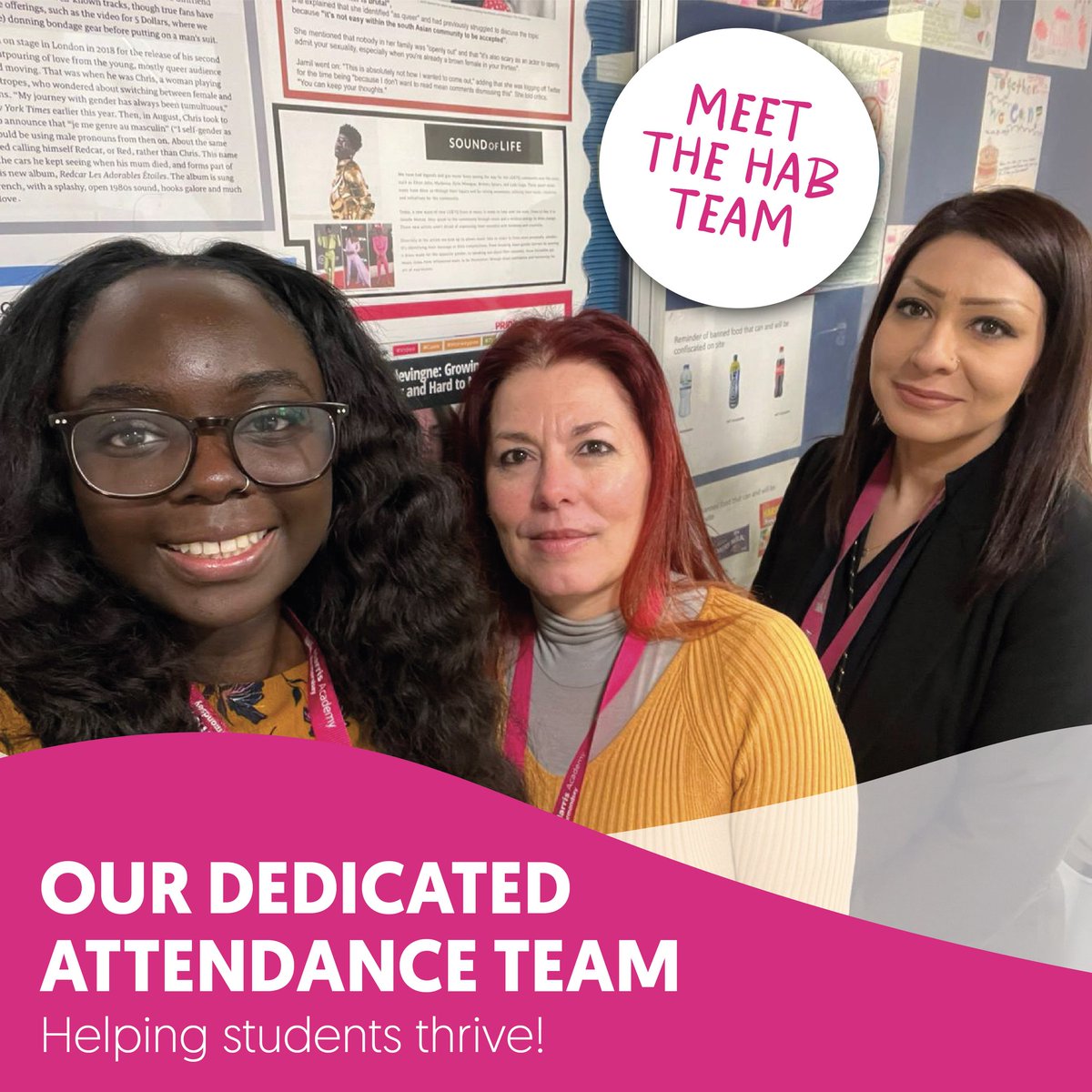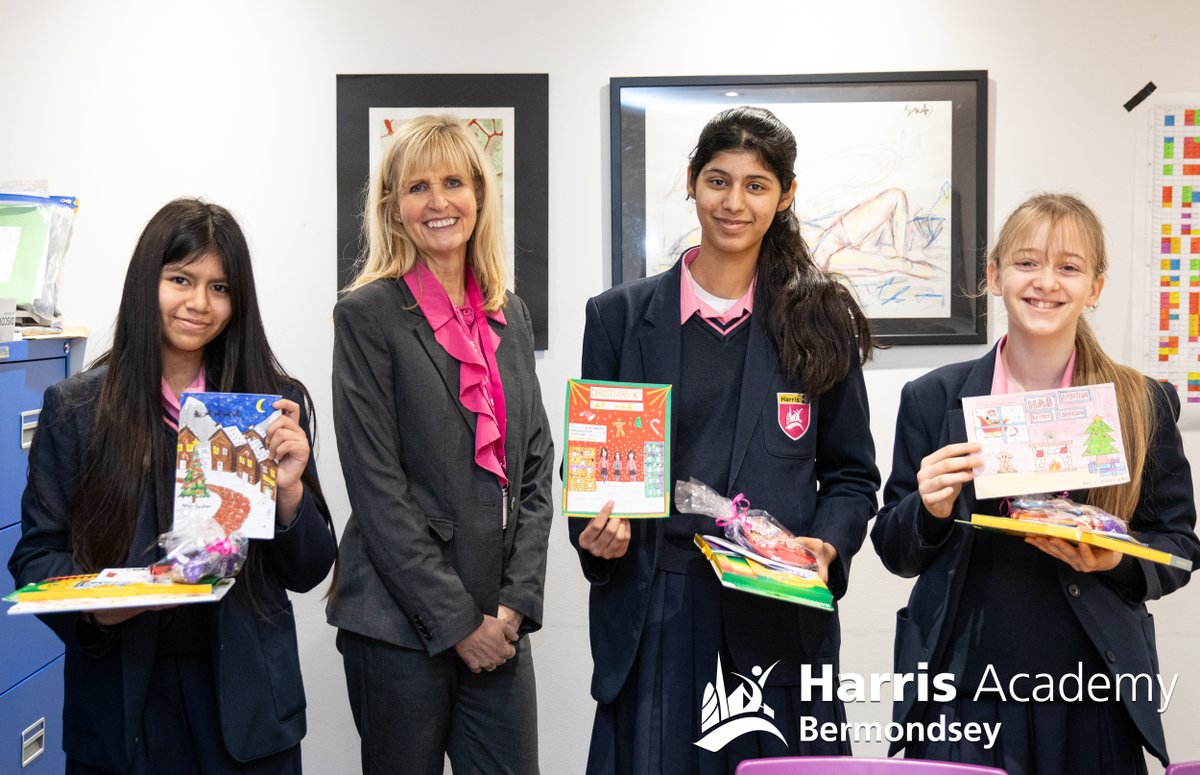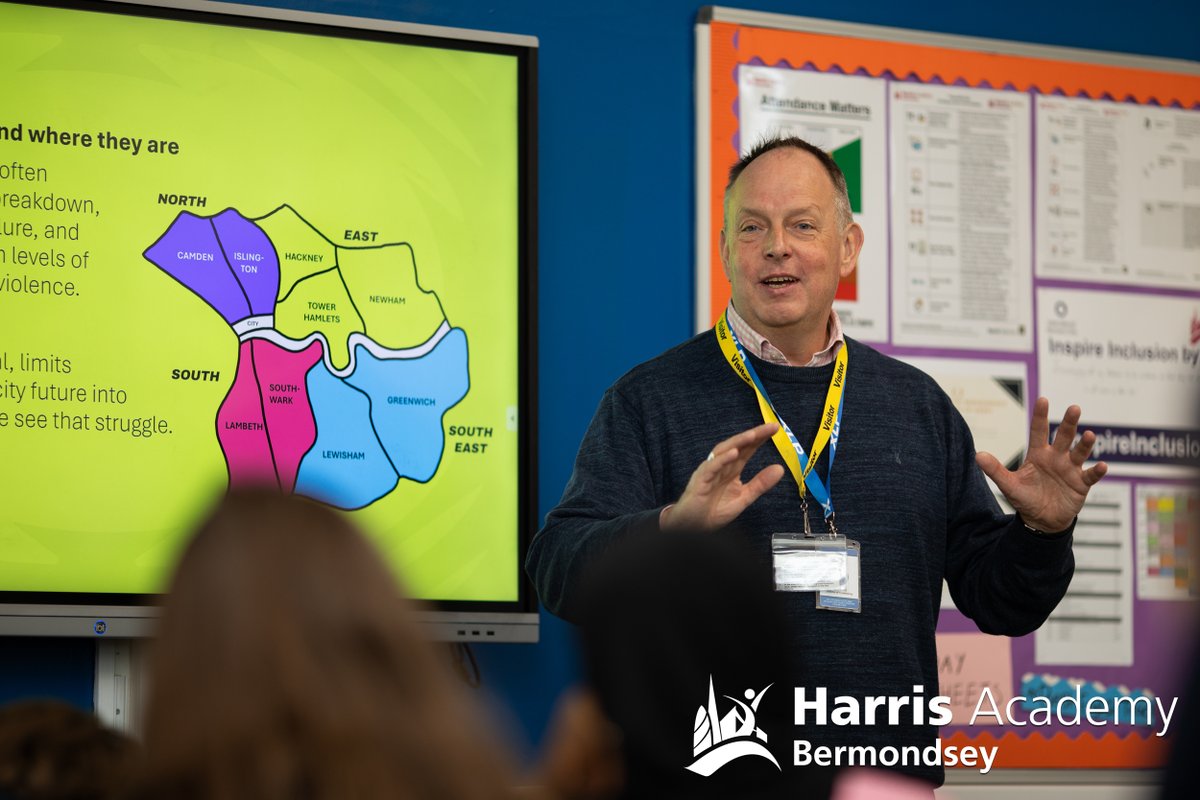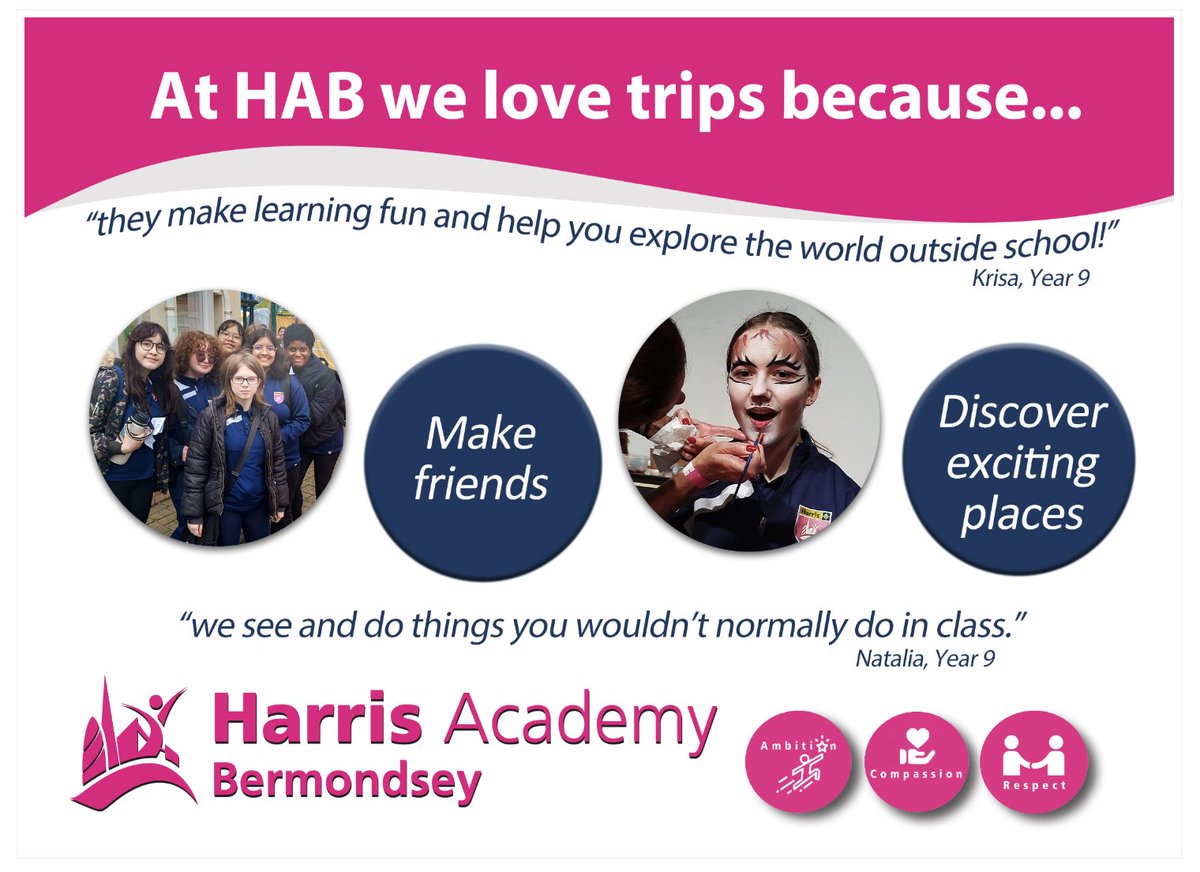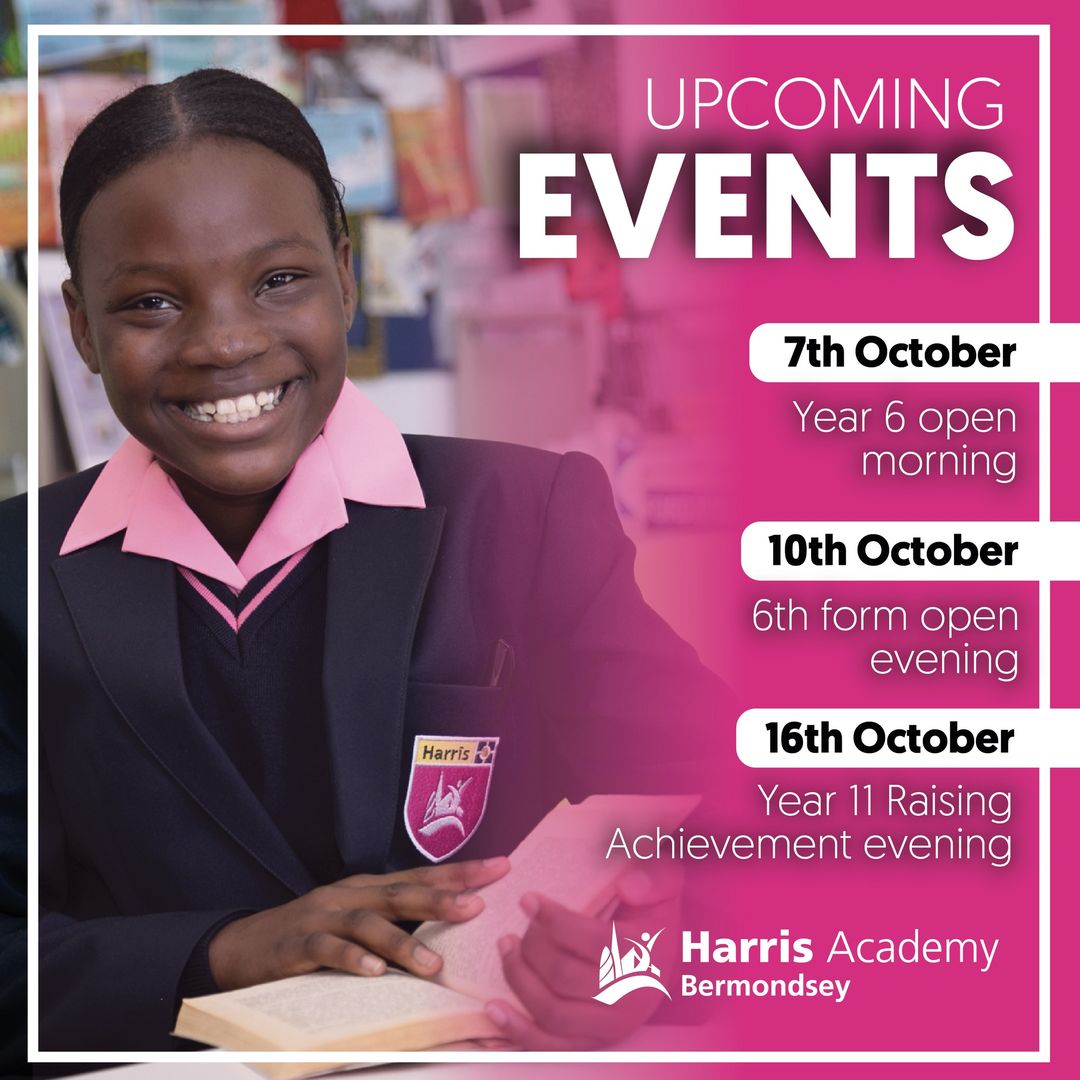Latest News
Posted on October 3rd 2023
The Transition from GCSEs to A-Level, by Swabra, Year 12
Swabra, Year 12, reflects on the transition from Year 11 to Year 12 and what's helped her make the change smoothly.
The transition from GCSE to A-Level is not the easiest and some may struggle with it, but with the right support and the correct sense of community, the transition can be made easier not just for one person but for everyone.
The jump from GCSEs to A-levels can be underestimated which is why support is so key. A-Levels are qualifications based on subjects of your choosing that can guide you to university, apprenticeships, further study, or work. Students might assume that they will do well in their A-Levels if they have done well in their GCSEs. However, this is not guaranteed. A-Levels introduce students to new content, more challenging content and the pace of earning is much faster. Students are also expected to be more independent once they start studying A-Levels.

Many extra curricular opportunities available to students at HAB6, such as this trip to Bruges in Belgium.
I myself am a new Year 12 student whose transition from GCSE to A level has been fairly straightforward. This is probably due to the fact that I have chosen to stay at HAB, the school I have attended for the last five years. This means I am lucky enough to have the familiarity with everything to do with the school from teachers to classrooms. This means I am able to dedicate myself to my education and work.
That said I still find myself lost in the mix of things as I am learning some many new things. However, I feel safe and supported here thanks to our free study periods, a close community of sixth formers and the opportunity to complete enrichment activities which provide some headspace and time to relax.

HAB6 trip to PwC in central London.
"Very different to GCSEs"
I have had the opportunity to interview some Year 12 students who are also making their move into Year 12. “It feels weird entering a new stage of my educational journey,” said Yinka, also in Year 12. “GCSEs are easier due to work content but the work at A-Levels is head-on”. Yinka aspires to become a mental health nurse and is confident that her course, Health and Social Care, will assist her in meeting her goal.
Lily in Year 12 describes her experience in A Level as different. “It's very different from GCSEs," she says. "Students are given more freedom and independence”. She manages her new work content by doing work during her free periods and at home (a perk of having more independent study time) so she does not fall behind. Lily is enjoying her time in Year 12 but knows it will get harder.

HAB6 trip to Edinburgh (pictured above and below).
The right support
Miss Maquieira, the Head of HAB6, spoke to me about how she is making sure students are given the right amount of support and opportunities during this important time of transition.
From Year 11 students are given support to help make the transition as smooth as possible. For example, students have 1:1 interviews to discuss their aspirations and possible pathways. They are also given the chance to take part in HAB6 taster sessions and networking sessions to talk to current sixth formers about their experiences and plans for the future.
At the beginning of Year 12, students meet their Tutor and Head of Year who give them early guidance on who to go to if they need support. To make sure students are engaging with opportunities straight away, students sign up for enrichment clubs early on in the school year. Students also attend transition lessons to help them understand the structure of their chosen courses. During the induction period, students are given the opportunity to change their subjects if they realise the subjects, they have picked are not right for them.
“A Levels are one of the most fundamental stepping stones in your education and therefore it is important to come with the mentality of working hard and achieving the best grades," said Miss Maquieira. "Without the grades and experiences achieved in Sixth Form, opportunities begin to close."






